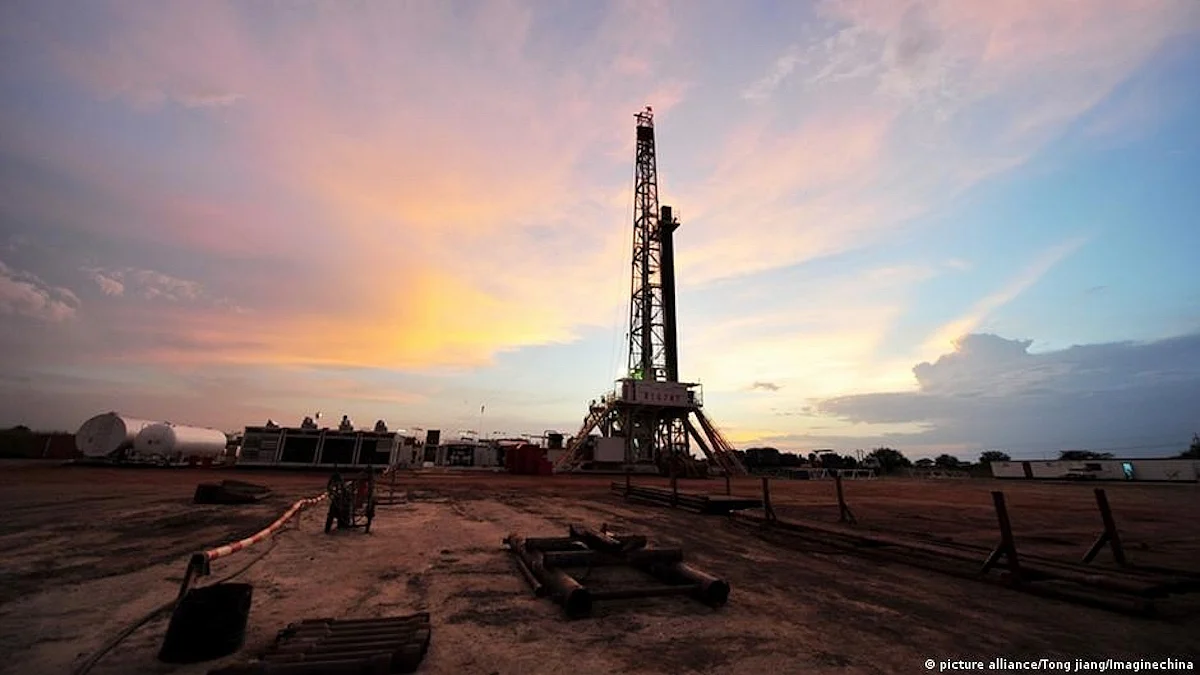Spike in oil price due to Russia-Ukraine conflict breaking India's back: Jaishankar
India is deeply concerned over the spike in the price of oil due to the Russia-Ukraine conflict and it is "breaking our back," External Affairs Minister S Jaishankar has said

India is deeply concerned over the spike in the price of oil due to the Russia-Ukraine conflict and it is "breaking our back," External Affairs Minister S Jaishankar has said.
Addressing a joint press conference with US Secretary of State Antony Blinken after holding bilateral talks at the Department of State, Jaishankar on Tuesday said there is a very deep concern among developing countries about how their energy needs are addressed.
Speaking about the Ukraine war, he said: "We have taken the position privately, publicly, confidentially and consistently that this conflict is not in anybody's interest." The best way forward is to return to dialogue and diplomacy, he said.
"Look, we have concerns about the price of oil but we are a USD 2,000 per capita economy. When the price of oil is breaking our back and it's our big concern," he said while responding to a question on a price cap on Russian oil initiated by the G7 countries.
"On the price cap, we had a brief discussion on it this morning. More technical people are engaged between the two systems on this particular subject," Jaishankar said, acknowledging that the price cap issue came up during his talks with Blinken.
He pointed out that in the last few months, the energy markets are already under very great stress.
Countries in the Global South have found it difficult to compete for limited energy, not just in terms of pricing, escalating pricing, but often in terms of availability. There are tenders countries have had tenders for which they don't even get a reply from suppliers, Jaishankar said.
"Our concern right now is that energy markets already under stress must soften up. We would judge any situation frankly by how it affects us and other countries in the global south. There is a very deep concern among developing countries about how their energy security needs are addressed or not," Jaishankar said.
India's crude oil imports from Russia have jumped over 50 times since April and now it makes up for 10 per cent of all crude bought from overseas.
Russian oil made up for just 0.2 per cent of all oil imported by India prior to the Ukraine war.
The Western countries are gradually bringing down their energy purchases from Russia following its attack on Ukraine.
With sanctions imposed by Western nations making a scant impact on Russia, the G-7 countries and the European Union have mooted an oil price cap on Russian crude and refined products to limit Kremlin's revenues.
Earlier this month, a statement issued by G-7 Finance Ministers said the price cap was specifically designed to reduce Russian revenues and its ability to fund the Ukraine war.
The US has asked India to join the coalition to cap the prices of Russian oil, but New Delhi has said it would "carefully examine" the proposal before taking any decision.
Blinken said the US was working day in, day out both on a short-term basis and a long-term basis to address energy security for Europe and around the world.
"We are working on implementing the oil price cap to keep Russian oil flowing, but at a steep discount. That of course will deny Russia excess revenues that it would use to prosecute its aggression against Ukraine and, at the same time, as I said, keep oil flowing on world markets," he said.
"We're working to continue to surge Liquefied Natural Gas (LNG) supplies to Europe in cooperation with global partners, including in the Indo-Pacific," Blinken said.
India has not yet condemned the Russian invasion of Ukraine and it has been maintaining that the crisis must be resolved through diplomacy and dialogue.
Last week, Jaishankar met Ukrainian Prime Minister Denys Shmyhal at the UN headquarters and apprised him of India's principled position that emphasises cessation of all hostilities and return to dialogue and diplomacy.
On another question about India buying military equipment from sanctions-hit Russia, Jaishankar said: "Where we get our military equipment and platforms from, that is not an issue, which is a new issue or an issue which has particularly changed due to geo-political situations."
"We look at possibility across the world. We look at the quality of technology, the quality of capabilities and the terms at which particular equipment is offered. We exercise a choice which we believe in our national interest," he added.
Follow us on: Facebook, Twitter, Google News, Instagram
Join our official telegram channel (@nationalherald) and stay updated with the latest headlines